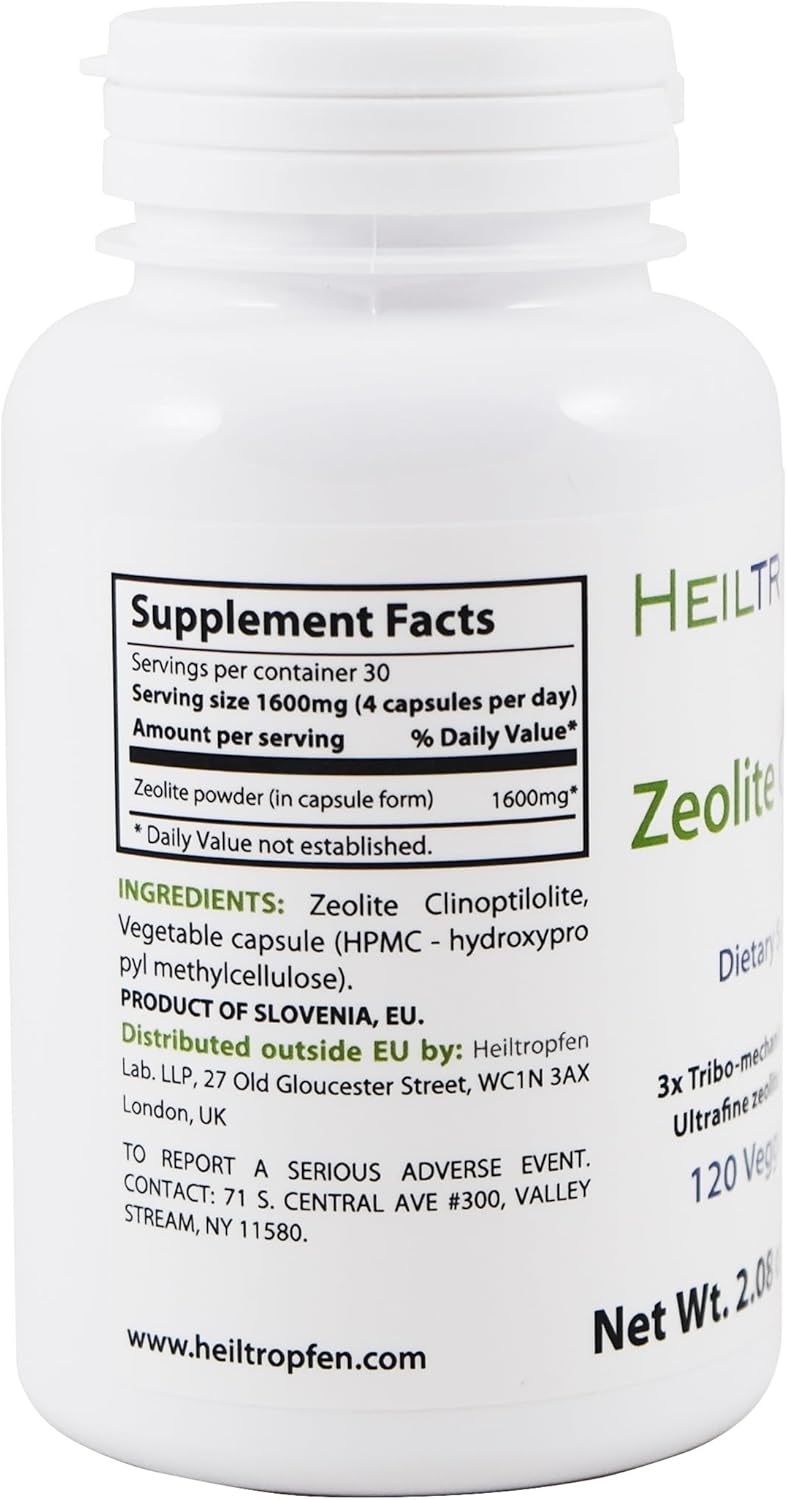
Zeolites are a group of crystal-like, porous minerals made up of aluminum, silicon, and oxygen. About 50 different zeolites are found in nature. Another 150 more types are made in labs.
The word zeolite comes from the Greek words "zeo," which means to boil, and "litos," which means stone. These minerals formed inside volcanic rock called basalt. As volcanoes erupted many, many years ago, the lava compressed layers of rocks. Underground water interacted with the rock to form zeolites.
What makes zeolites unique is their network of tiny little holes and channels, which absorb and remove harmful substances like heavy metals (lead, mercury, cadmium), ammonia, and other toxins from water. Some scientists call zeolites "molecular sieves."
Their filtering ability has made zeolites useful in many different industries, including water purification and nuclear waste management. Some people take zeolite supplements to improve their health. These supplements are marketed as a treatment for conditions like cancer, diarrhea, and autism.































